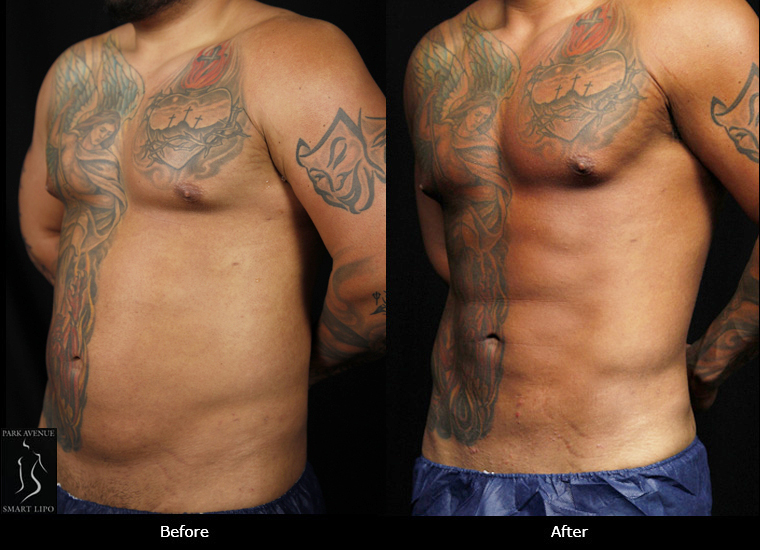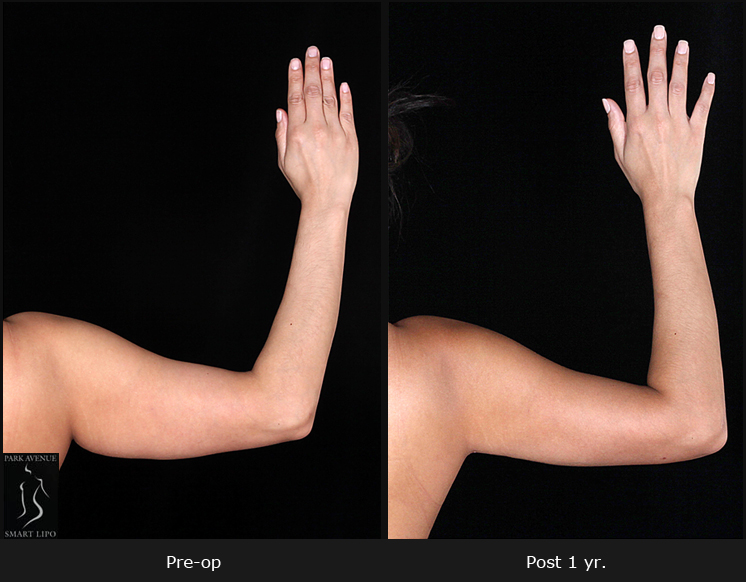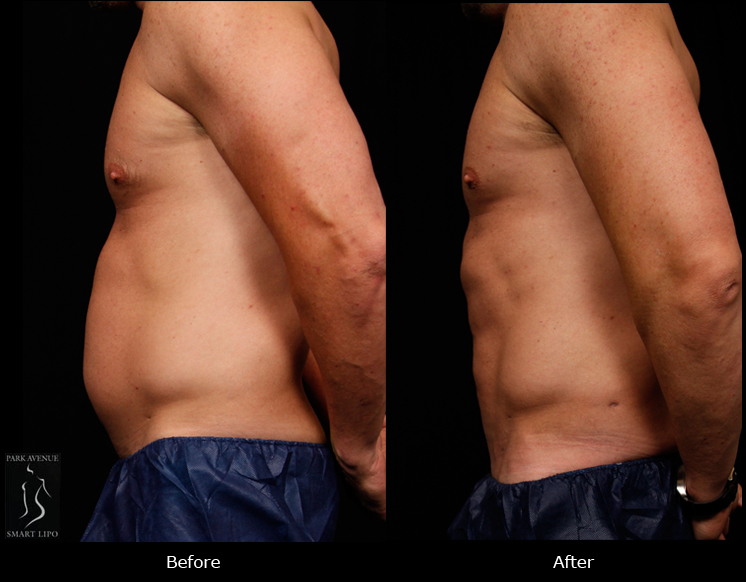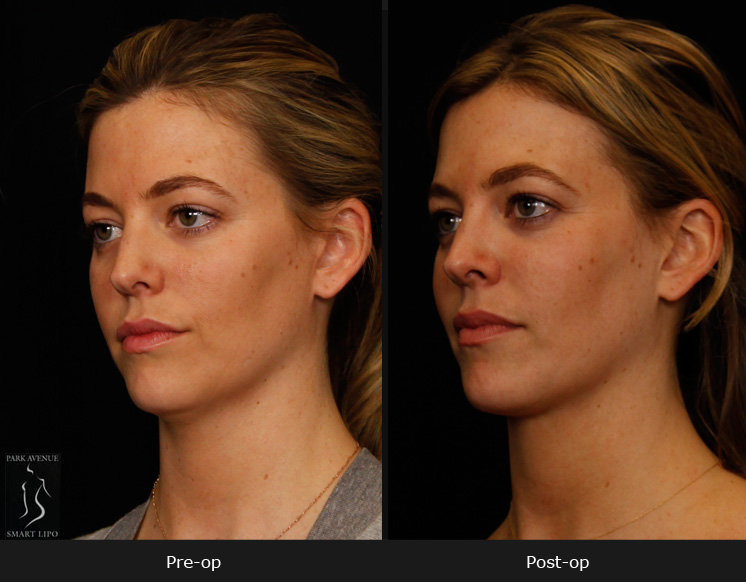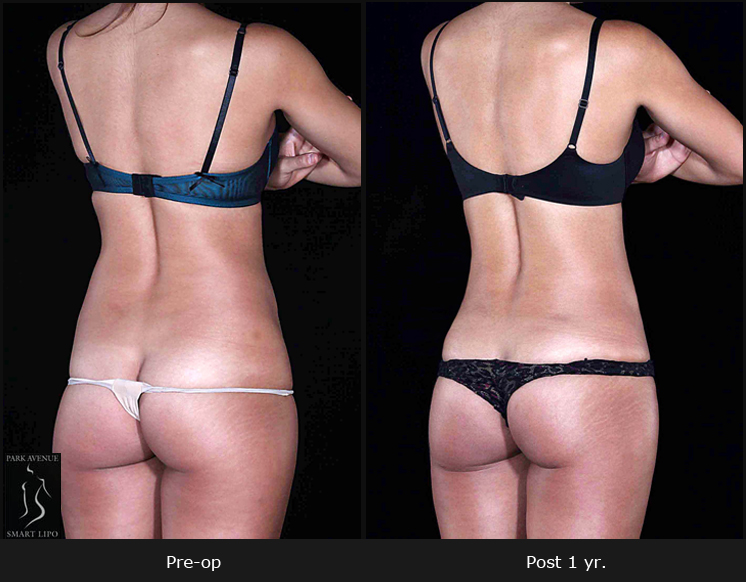With the availability of safe and effective non-invasive and minimally invasive procedures like laser liposuction in NYC, an increasing number of people are opting to have a nip or a tuck to enhance their looks. Plastic surgery can be a transformative experience, enhancing your appearance, body image, and self-esteem. However, it’s a major decision that requires careful consideration. There are some important factors to understand and consider before taking this life-changing step.
Cosmetic Surgery Preparation: Essential Things to Consider
- Understand Your Motive: You need to review the reasons why you want to have the procedure and make sure that your decision to go ahead is a well-informed one. Are you doing it for personal satisfaction or to meet someone else’s expectations? Cosmetic surgery should be a decision made for yourself and not due to external pressures.
- Choose a Qualified Plastic Surgeon: Only a qualified, experienced and skilled surgeon can provide safe treatment and the desired results. Confirm that your surgeon is well-qualified and experienced with the specific procedure you’re considering. For example, if you’re considering Smartlipo for abdomen or thighs, choose a surgeon with expertise in this laser-assisted body contouring technique. To choose the right surgeon, look for positive reviews and a proven track record of successful outcomes. Don’t hesitate to ask for before-and-after photos of previous patients.
- Create a Pre-Surgery Checklist: Before undergoing plastic surgery, having a well-organized pre-surgery checklist is crucial to ensure a smooth and safe experience. To get medical clearance before surgery, schedule a thorough consultation to discuss your medical history, current medications, and any allergies. Arrange for all necessary lab work or medical clearance as advised by your surgeon. You should also stop smoking and avoid alcohol in the weeks leading up to surgery, as these can hinder healing. Prepare your home for recovery, including stocking up on prescribed medications, loose clothing, and easy-to-prepare meals. Finally, arrange for someone to drive you home after the procedure and stay with you for at least the first 24 hours. Following this checklist helps reduce risks and improves your chances of a successful outcome.
- Educate yourself about the Procedure: You should learn about the procedure you’re considering. It’s important to understand the surgical process and techniques involved, its benefits and potential risks, side effects, and complications. Make sure you know about the expected recovery time and post-operative care. Educating yourself about the procedure will help you set realistic expectations and prepare for what lies ahead.
- Be Mentally and Physically Ready: Cosmetic surgery is not just a physical transformation but also an emotional journey. Ensure you are in good mental and physical health before undergoing surgery. Discuss your medical history with your surgeon to avoid complications.
- Set Realistic Expectations: Cosmetic surgery can enhance your appearance, but it’s not a magic solution for all concerns. Expecting perfection is the biggest mistake. Having unrealistic expectations can lead to dissatisfaction with the results. For example, expecting a facelift to make you look 20 years younger or completely transform your appearance is unrealistic. While the procedure can reduce visible signs of aging and enhance your natural features, it cannot completely alter your fundamental facial structure. Discuss your goals with your surgeon to ensure they align with what the procedure can achieve.
Reliable plastic surgeons strive to provide an optimal outcome. Even if the results are not immediately evident, in most successful procedures, they improve over time. It can take days, weeks or months to see visible results and the exact time varies among procedures.
- Assess the Risks: All surgical procedures carry some degree of risk such as infection, scarring, and reactions to anesthesia. Discuss these risks with your surgeon and make sure you know how complications will be managed if they arise.
- Understand the Costs: Cosmetic surgery is typically not covered by insurance, so it’s essential to understand the full cost of the procedure, including surgeon’s fees, anesthesia costs, facility charges, and post-operative care and medication. Consider all these expenses and ensure they fit within your budget. Reliable plastic surgery practices offer convenient financing options.
- Know what Recovery Involves: Every cosmetic procedure involves a recovery period. Downtime after cosmetic procedures can range from a few days to several weeks. Understand how much downtime is involved and make your plans accordingly. Be prepared to take time off work, limit physical activities and face restrictions in your routine, including outdoor activity and socializing. Follow your surgeon’s post-operative care tips and instructions closely and plan to arrange for help during the initial recovery phase.
- Reassess your Goals: Be very sure that you really need to change the way you look. After having a procedure, some people find they prefer the way they looked before! This can be agonizing. Established cosmetic surgeons utilize 3D imaging facilities to help patients visualize what they will look like after a procedure like a liposuction, facelift or breast augmentation. This promotes confident decision making.
Prioritize Patient Safety Before Plastic Surgery
Cosmetic surgery can be a life-changing decision, offering many benefits when approached with proper planning and realistic expectations. Thoroughly researching the procedure and choosing the right surgeon can help ensure a safe and satisfying experience. Whether it’s liposuction surgery or Smartlipo Triplex for minimally invasive fat removal, prioritize your safety. Make sure the surgeon you choose provides services in an AAAASF-accredited surgical facility. AAAASF accreditation ensures that the facility meets stringent safety standards, including patient care, equipment, and hygiene protocols. This ensures that patients receive high-quality care in a safe environment, which helps minimize the risk of complications during and after surgery.
Thinking about plastic surgery? Get expert guidance from experienced plastic surgeons.


